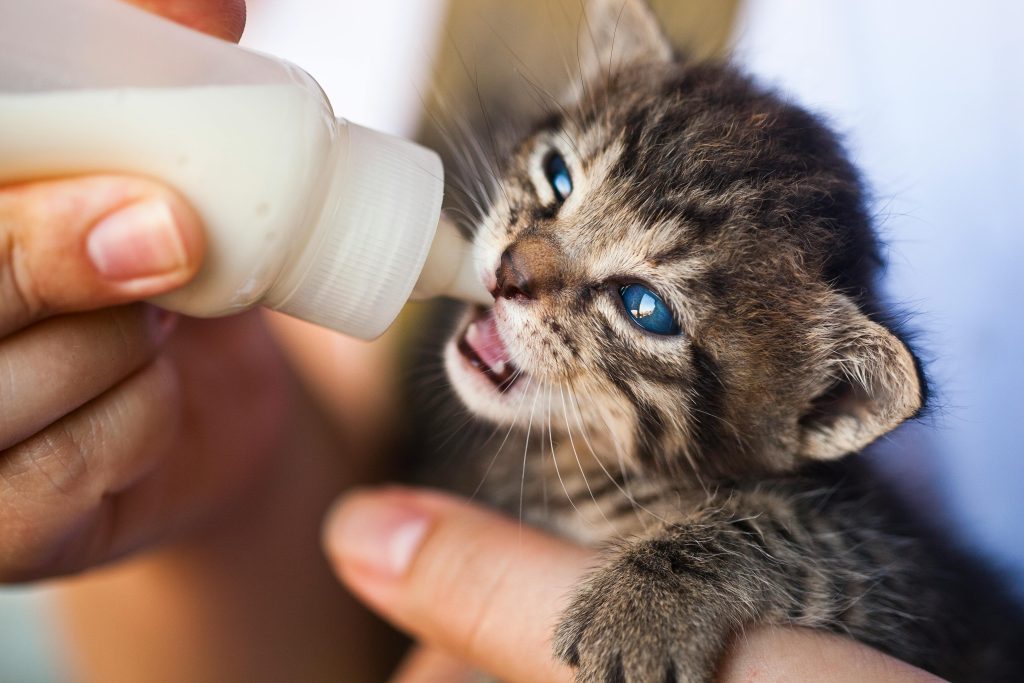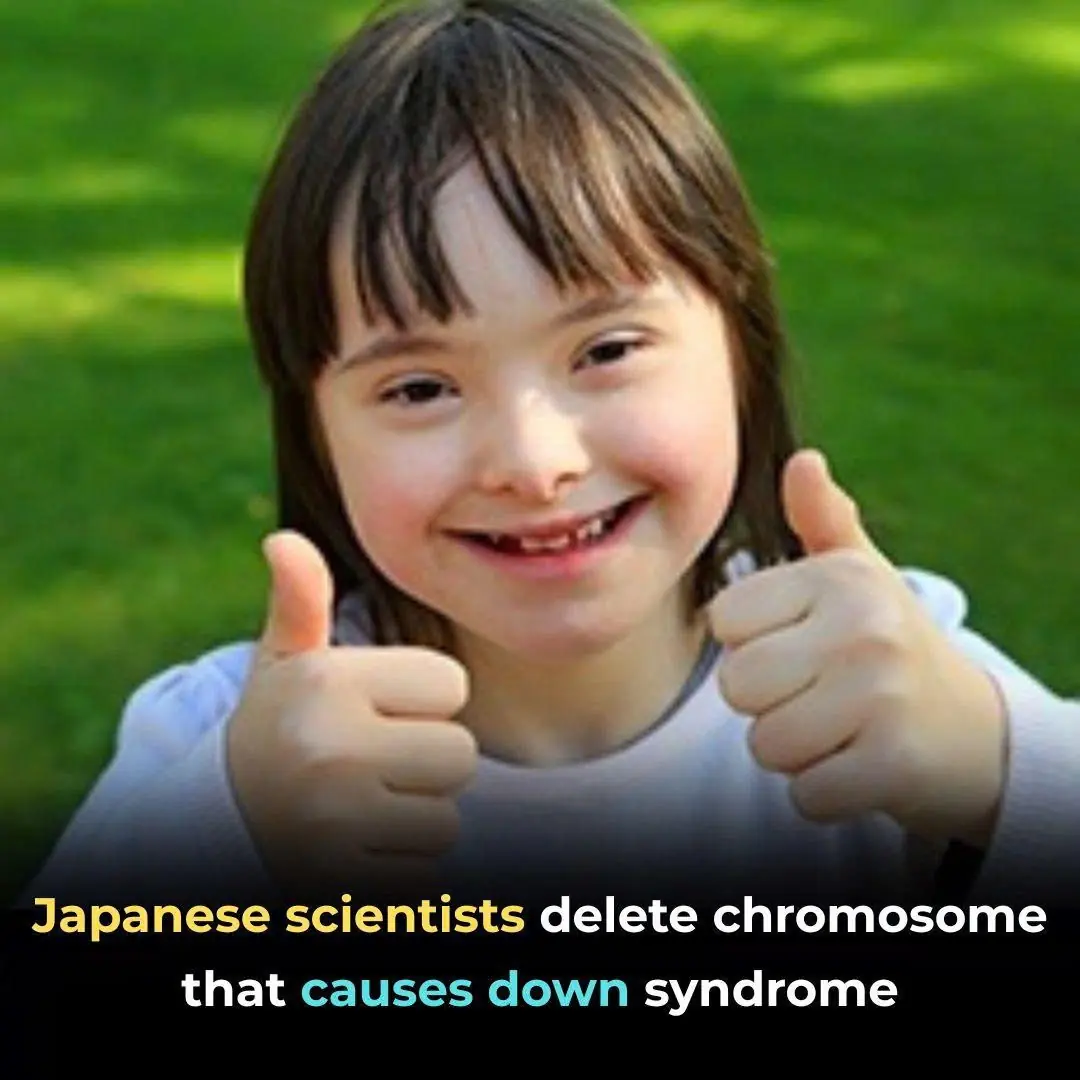
The Political Science Of Ending Animal Testing In The US

The Great Transformation: How Robert F. Kennedy Jr. Is Leading a Bipartisan Revolution in Biomedical Science
The landscape of American biomedical research is undergoing one of the most unexpected transformations in decades. What was once a deeply polarized debate has become a rare point of national consensus. At the center of this realignment stands Health Secretary Robert F. Kennedy Jr., whose campaign to end animal testing in drug and chemical research has forged alliances that would have been unthinkable just a few years ago.
Under Kennedy’s Make America Healthy Again (MAHA) initiative, an unusual coalition of animal rights advocates, conservative policymakers, and scientific reformers is challenging the foundations of modern medicine. The movement, supported by President Donald Trump’s administration and backed by groups such as PETA and the White Coat Waste Project, seeks to phase out animal testing in favor of advanced human-based technologies. What began as an ethical crusade has evolved into a major policy shift that is redefining the intersection of science, morality, and politics in the United States.
Beyond the headlines, the implications are profound. This campaign questions not just how drugs are tested, but what kind of society science should serve.
A Moral and Scientific Turning Point
Kennedy’s push to replace animal testing rests on both ethical conviction and scientific pragmatism. For over a century, biomedical progress has depended on animal models—mice, rabbits, dogs, and primates used to test everything from vaccines to pesticides. But the foundation of that system is showing cracks.
According to FDA data, nearly 90 percent of drugs that pass animal testing ultimately fail in human trials, often due to toxicity or inefficacy. To Kennedy and his allies, that failure rate is not just a sign of inefficiency—it’s proof that the model itself is obsolete.
“We’re spending billions on research that doesn’t deliver results,” Kennedy has said. “We can do better—for science, for health, and for animals.”
The argument is supported by a growing body of scientists who note that animal biology often fails to replicate human responses to disease. Emerging technologies such as computer-based modeling, lab-grown human tissue, and AI-driven organ systems now promise a more accurate and humane alternative. For Kennedy, this convergence of science and ethics is not coincidence but necessity—a step toward what he calls ethical modernization.
The Rise of Organoid Science
At the heart of this transformation lies a field once considered science fiction: organoid research. Organoids are miniature, three-dimensional clusters of human cells grown in labs to mimic the structure and behavior of real organs—such as the brain, liver, or lungs. Unlike traditional cell cultures, organoids reproduce the complex interactions that govern real human biology, allowing drugs to be tested with unprecedented precision.
Earlier this year, the National Institutes of Health (NIH) announced the creation of the Standardized Organoid Modeling (SOM) Center at the Frederick National Laboratory for Cancer Research. Funded with $87 million, the center will develop national standards for organoid research, setting the stage for large-scale adoption. NIH Director Jay Bhattacharya called the initiative “a bridge between ethics and innovation,” predicting that these human-based models could eventually render animal testing unnecessary.
Kennedy’s MAHA program is channeling significant investment into this revolution. His policies incentivize the use of non-animal methods and, for the first time, allow federal research grants to include the cost of rehousing retired laboratory animals instead of euthanizing them. To Kennedy, these are not symbolic gestures—they represent a new moral economy of science.
PETA Meets MAGA: A Rare Alliance
Perhaps the most surprising aspect of Kennedy’s campaign is the political chemistry it has produced. Animal welfare has long been a cause of the political left, while conservative administrations traditionally prioritized industrial and pharmaceutical interests. Yet under Kennedy’s stewardship, Trump’s administration has embraced reforms that mirror the goals of long-standing animal rights organizations.
PETA’s Emily Trunnell, director of science advancement and outreach, called the shift “a victory for both compassion and innovation,” noting that animal-based experiments are “not only cruel but scientifically outdated.” In an unprecedented move, PETA sent flowers to NIH leadership following the SOM announcement—praise that would have been unimaginable in earlier Republican administrations.
Conservative groups have also rallied behind the initiative. The White Coat Waste Project, which campaigns against taxpayer-funded animal testing, hailed the policy as a triumph of fiscal responsibility and moral clarity. Founder Anthony Bellotti pointed to polling showing that 85 percent of Americans—Republicans, Democrats, and independents alike—oppose federal spending on animal testing.
This bipartisan unity is no accident. As environmental historian Alfred Runte observed, “If RFK Jr. can make believers out of conservatives who never cared about animal rights, he’s not just changing science—he’s changing politics.”
Reforming the FDA and the Drug Pricing Landscape
Kennedy’s efforts are part of a larger Trump-era initiative to modernize biomedical regulation and reduce drug prices. Under FDA Commissioner Marty Makary, the agency has introduced new measures to accelerate approval of biosimilars—lower-cost alternatives to expensive biologic drugs.
While biologics account for just 5 percent of prescriptions, they consume more than half of total U.S. drug spending. By removing redundant testing requirements—especially those tied to animal data—the FDA hopes to expand biosimilar access and cut costs for consumers.
Kennedy has described the current system as a “hostage crisis,” in which outdated testing laws inflate prices and slow innovation. The reforms, he argues, reflect a holistic modernization of health policy—one that prizes efficiency, affordability, and ethics in equal measure. Makary estimates the changes could cut biosimilar development time by half and reduce costs by as much as 50 percent.
Scientific Pushback and Ethical Debate
Not all researchers are convinced. Critics warn that abandoning animal models too quickly could jeopardize drug safety and stall innovation. Naomi Charalambakis, a policy expert at Americans for Medical Progress, argues that organoids and simulations cannot yet replicate the full complexity of a living organism, particularly in immune and metabolic interactions.
Kennedy’s camp acknowledges these limitations but insists that the transition will be gradual and evidence-based. The NIH’s phased strategy targets areas where animal testing has proven least predictive—such as toxicity screening and neurodevelopmental research—before expanding to more complex fields.
Behind the scientific debate lies an entrenched economic structure: entire industries of breeders, suppliers, and lab contractors depend on animal research. Shifting funding toward human-based technologies threatens long-standing interests, ensuring resistance will be fierce. But supporters of MAHA believe public opinion, technological progress, and fiscal logic are on their side.
A Global Shift Toward Humane Science
The U.S. is part of a broader international trend toward human-relevant research. The European Union has already approved twice as many biosimilars as the U.S. and continues to fund organoid and AI-based toxicology programs. Countries such as the Netherlands have committed to phasing out animal testing for safety studies by 2030.
The FDA Modernization Act 2.0, passed in 2022, eliminated the federal mandate requiring animal tests before human trials. Now, under Kennedy’s leadership, those legislative ambitions are becoming operational policy. The SOM Center’s work may soon define global standards for humane, high-precision biomedical testing—anchoring the U.S. as both ethical leader and technological innovator.
Trump, Kennedy, and the Politics of Compassion
President Trump’s endorsement of the initiative represents a calculated yet genuine pivot. Known for his populist and nationalist focus, Trump has quietly built a record on animal welfare—signing laws to end horse-racing abuses and strengthen anti-cruelty measures. Kennedy’s reforms extend that legacy into the realm of science, helping the administration appeal to younger, centrist, and independent voters without diluting its populist brand.
“This is an issue everyone can agree on,” one campaign strategist told Politico. “It softens his image without changing his message.”
For Kennedy, however, the effort transcends politics. “This isn’t about left or right,” he said at the SOM Center’s unveiling. “It’s about doing what’s right—and what works.”
A Future Beyond Animal Testing
Ending animal testing will take years, requiring new infrastructure, regulatory reform, and cultural change within academia and industry. Yet the movement’s momentum is unmistakable. NIH grants are being rewritten to prioritize non-animal models, AI-based disease simulations are advancing rapidly, and the SOM Center is already operational.
Kennedy envisions a future in which laboratories no longer rely on suffering animals but on human-derived data systems that deliver safer drugs faster and at lower cost. In that future, compassion and innovation are not rivals but partners.
As Kennedy puts it, “Our health system can’t claim to be humane while it depends on cruelty. The path to better science begins with empathy.”
Whether or not animal testing disappears entirely, this movement has already changed the moral vocabulary of American science—redefining what it means to pursue health, progress, and humanity in the 21st century.
News in the same category


Tragus Piercing What Does It Mean

💪 Sarcopenia: Why Muscle Loss Happens & How to Fight It (After 50)

Japanese scientists delete chromosome that causes down syndrome

Princeton Just Changed Higher Education Forever: Families Earning Under $250K Won’t Pay a Single Dollar in Tuition

8 Signs That Two Souls Are Connected, No Matter The Distance

Can you spot the book, egg, cup, and pillow?

Inside Sweden’s Cashless Future: Thousands Opt for Microchip Implants

When a cat rubs against you, this is what it means

Zodiac Signs Most Likely to Have Prophetic Dreams

What Your Pile of Dirty Dishes Might Really Be Saying About You

Scientists Claim Black Hole Could Explode in the Next 10 Years—with 90% Certainty

9 Signs Your Partner Is Trying To Get Closer To You That You Might Not Realize

When a cat rubs against you, this is what it means

WHAT HAPPENS WHEN WE TONGUE KISS…See more

What makes a man leave his wife for another woman

How to Hold and Handle an Urn with Ashes: 3 Things You Should Always Remember

Can You Spot The Problem With This Picture
News Post

Shrimp injected with impurities is easy to distinguish: Smart people will see this point

Tips for cleaning an air fryer without scrubbing and still clean as new

25 Incredible Health Benefits of Goosegrass

The water pipe is clogged, just blame this and it will be solved easily, no need to waste money calling a plumber.

How to clean the bathroom easily and effortlessly: It will stay clean and fragrant all week long

Simple tips for making crispy roast pork skin without much effort: Golden brown, crispy skin like in restaurants

How bathing too often can affect your health

Dirty sofa, do not use wet towel to wipe: Use this to clean it, it will not be damaged

Drop this into the basin, clams and snails will release all the mud and dirt, making them 5 times more fattening.

Tips to avoid blackening pots when using gas stoves: Very simple, everyone should know

Learn from the Japanese by soaking bananas in this water: Get a longevity food, not everyone knows

Did you know that if you get spots on your hands it means you have

See why and how to choose melon effectively...

You are doing it all wrong. Here's the right way to clean stainless steel

Should You Throw Toilet Paper in the Toilet or in the Trash?

You are doing it all wrong. Here's the right way to clean your windows

Discover Love in the Little Things: Everyday Connections

Add This to Your Mopping Water – Your Floors Will Shine Like New and Stay Dust-Free for a Whole Week

Hidden Smartphone Tricks You Didn’t Know About
